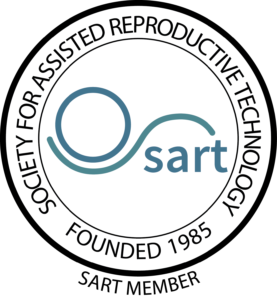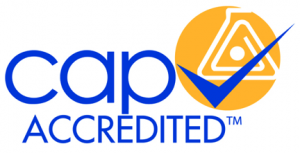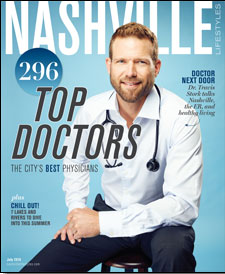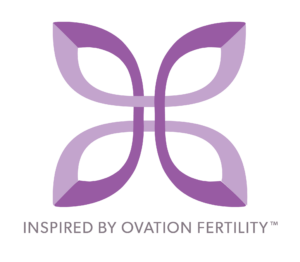Extra embryos created during an IVF cycle can be used in frozen embryo transfer cycles
Embryos are created during IVF, and after the embryo transfer has been completed, there may be excess good quality embryos available to the couple. The majority of couples will elect to cryopreserve those viable embryos that remain in culture after embryo transfer. In doing so, they have another chance to achieve a pregnancy at a greatly reduced cost compared to the cost of a fresh IVF cycle. This can be a wonderful opportunity for those couples who do not get pregnant during an initial cycle or even for those couples who do get pregnant but desire a second child in the future. About half of couples will have embryos to freeze with an average of four to five embryos per couple.
The process of cryopreservation involves the freezing and storage of embryos at a very low temperature.
After thawing, about 75% of the embryos survive and will be transferred. Approximately 40% of these cycles will result in a live birth. Many healthy children have been born from frozen embryos. There appears to be no increased risks during pregnancy from cryopreserved embryos, when compared to fresh embryos. In addition, evidence from cryopreservation worldwide reveals no increased risk of a major abnormality in the babies born through this technique.
The Frozen Embryo Transfer cycle (FET) typically involves the use of birth control pills to manage the timing of a woman’s menstrual cycle. The patient will then take estrogen to stimulate the development of her uterine lining. Once the desired thickness has been reached (about 8mm and trilayer in appearance) the embryo thaw and transfer can be scheduled and progesterone injections will begin ~5 days before the transfer. Because the patient doesn’t ovulate, there is no risk for OHSS. The costs are decreased, and the patient doesn’t have to go through the egg retrieval procedure. The visits to our office are fewer than in a stimulated IVF cycle as well. FET is a wonderful option for patients to build their families and NFC continues to have one of the most successful FET programs in the US.






